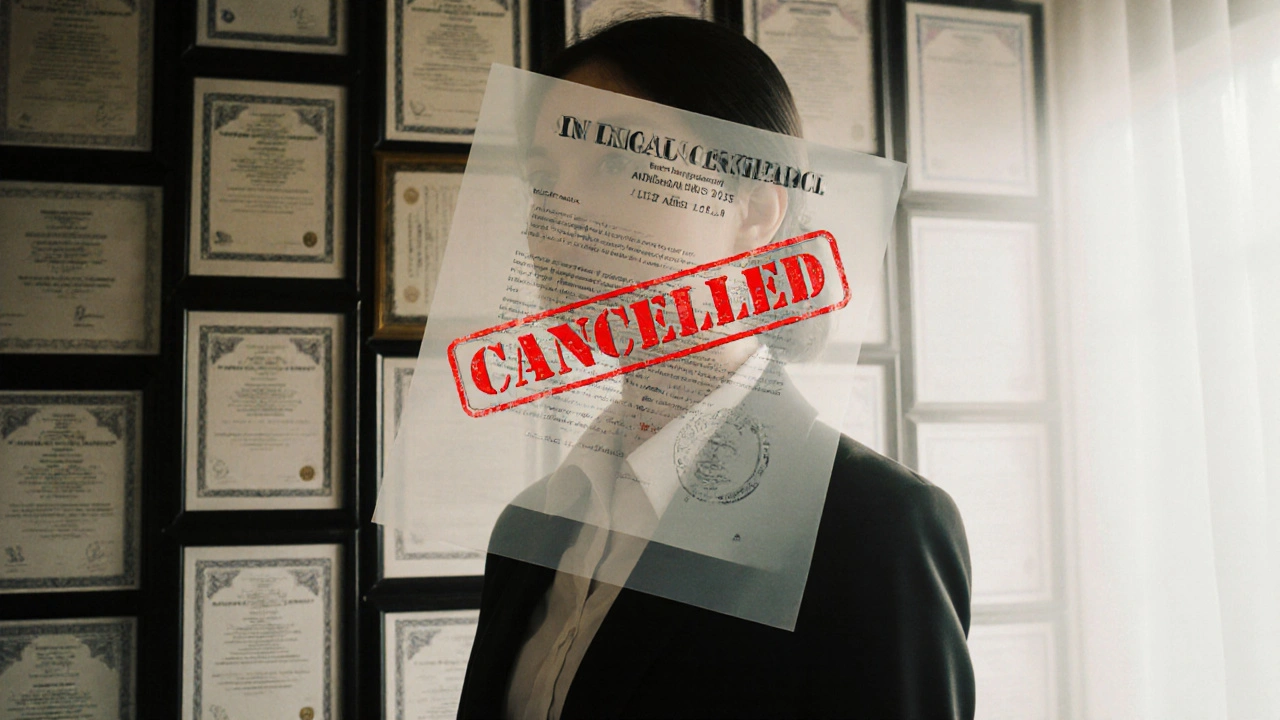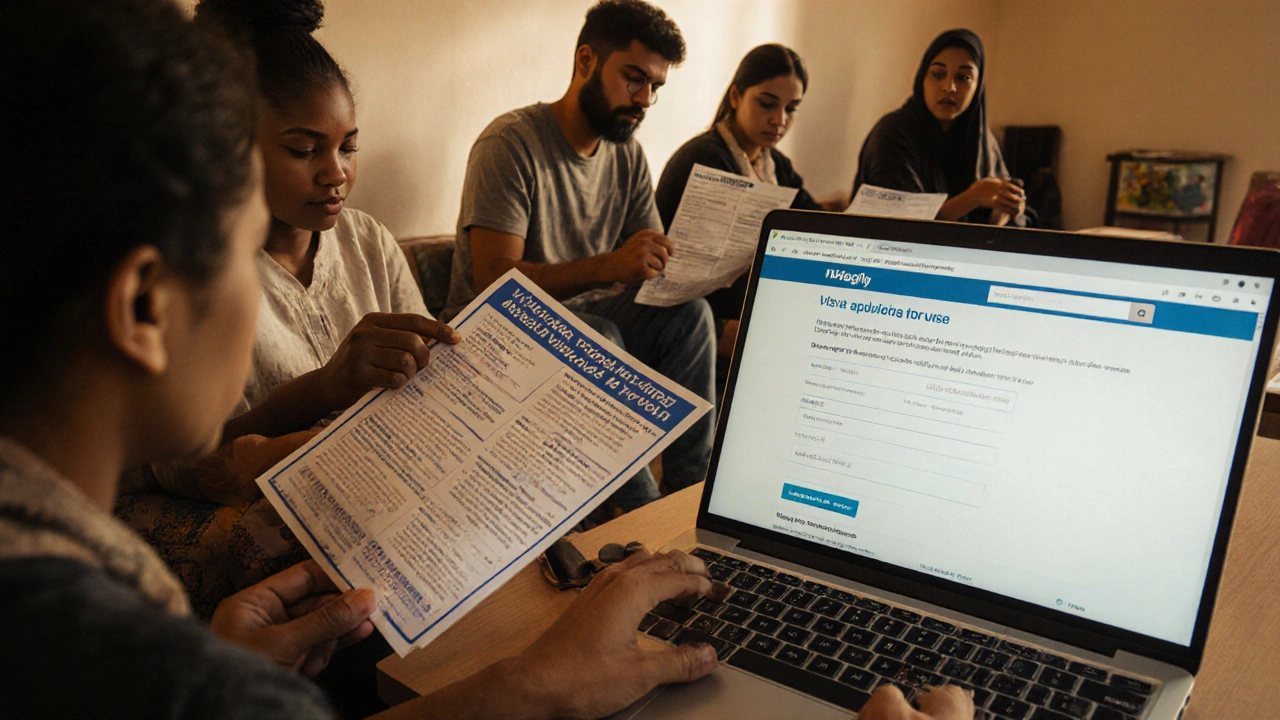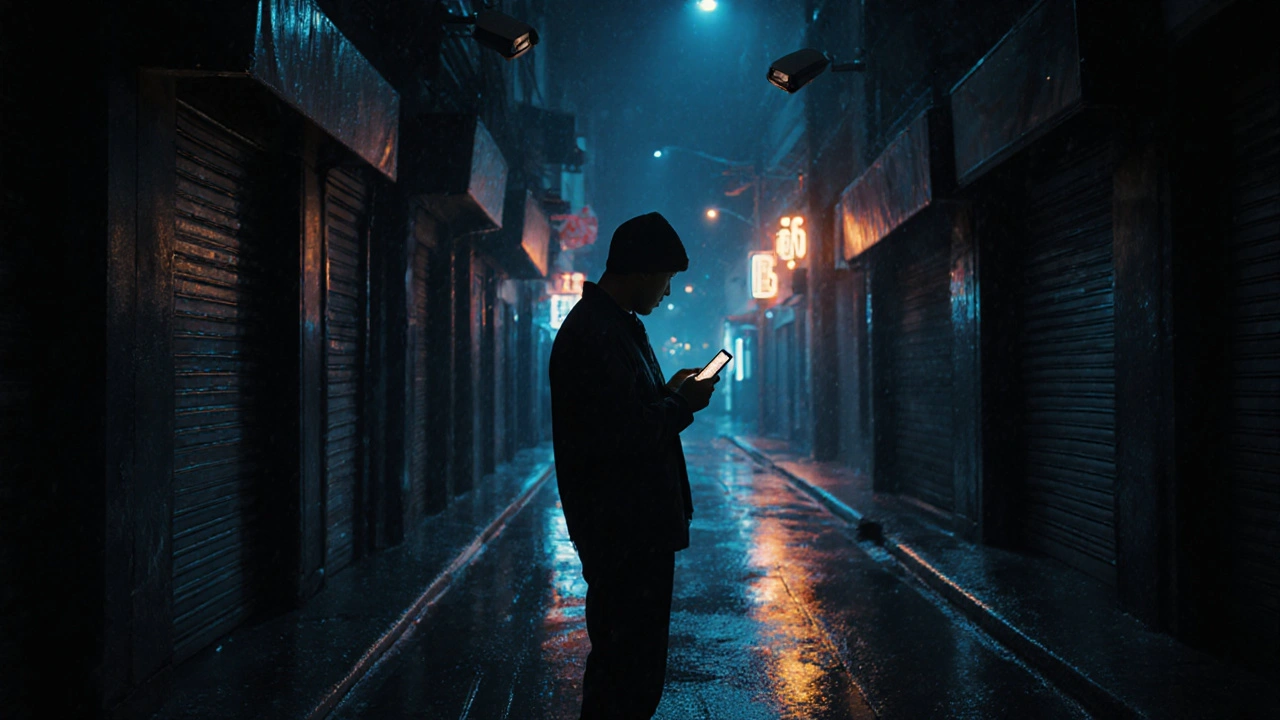If you're a noncitizen thinking about sex work in a new country, you need to know one thing upfront: this isn't just about safety or money. It’s about your right to stay, your freedom, and your future. In many places, even talking about sex work can trigger immigration penalties that last longer than any jail sentence. And most people don’t realize how fast things can go wrong.
Sex work is illegal in most countries - and immigration doesn’t care why you did it
Let’s clear up a common myth: if you’re not caught, you’re fine. That’s not true. Immigration systems don’t wait for arrests. They track arrests, convictions, even police reports - even if charges are dropped. In the U.S., for example, any arrest related to prostitution can be flagged by ICE, regardless of outcome. Canada doesn’t prosecute sex workers anymore, but if you’re on a temporary visa and get reported, you can still be deported for "engaging in activities inconsistent with your visa status."
In Australia, where sex work is legal in some states but not others, noncitizens face a different kind of trap. In New South Wales, selling sex is legal under strict regulations. But if you’re on a student visa, working in any form - even legally - can violate your visa conditions. The moment immigration finds out you’re earning income outside your permitted work hours, your visa can be canceled. No warning. No second chance.
It doesn’t matter if you thought you were being careful. It doesn’t matter if you were coerced or desperate. The system doesn’t ask why. It only asks: did you break the law? And if the answer is yes, your immigration status is on the line.
What counts as a violation? It’s not what you think
Many noncitizens assume that only street-based work or brothel involvement will get them in trouble. That’s wrong. In the UK, advertising sex services online - even just posting on a forum or using a dating app - can be seen as "procuring" or "soliciting," which triggers immigration consequences. In Germany, if you’re on a tourist visa and accept payment for sexual services, that’s considered illegal employment. Even if no one reports you, border control can check your bank statements during future visa applications.
And here’s the worst part: you don’t need to be convicted. A single police report, even if it leads to no charges, can be enough for immigration authorities to deny your next visa, cancel your current one, or start deportation proceedings. In 2023, the U.S. Department of Homeland Security reported over 1,200 immigration cases tied to sex work-related arrests - 78% of those involved people on temporary visas.
It’s not just about the act. It’s about the paper trail. Phone records. Payment apps. Rental agreements. Even if you think you’re hidden, digital footprints are easier to trace than ever.
Legal sex work doesn’t protect you
Some countries, like the Netherlands and New Zealand, have decriminalized sex work. But decriminalization doesn’t mean equal rights for noncitizens. In New Zealand, sex work is legal and regulated. Workers can join unions, get health checks, and report abuse. But if you’re not a citizen or permanent resident, you still can’t legally work - period.
That means even if you’re working in a licensed brothel, paying taxes, and following every rule, your visa status overrides everything. In 2022, a Filipino woman working legally in a Wellington brothel was deported after her employer reported her for working without a work visa - even though she had no criminal record and was never arrested.
Decriminalization helps sex workers. But it doesn’t change immigration law. And immigration law doesn’t care if you’re safe, healthy, or treated fairly. It only cares if you’re authorized to be there - and whether you broke a rule that makes you removable.

What happens when you’re caught?
If immigration finds out you’ve been involved in sex work, here’s what usually follows:
- Your visa is canceled or denied - often without appeal rights
- You’re placed in detention while deportation is processed
- You’re barred from re-entering the country for 3 to 10 years - sometimes permanently
- Your name is added to national immigration databases, shared with other countries
- Future visa applications anywhere in the world may be flagged
There’s no second chance. No probation. No warning. In Australia, a single conviction for prostitution can lead to mandatory visa cancellation under Section 501 of the Migration Act. In the U.S., it’s considered a crime involving moral turpitude - a category that makes you permanently ineligible for a green card.
Even if you’re married to a citizen or have children born in the country, that doesn’t guarantee protection. In 2024, a mother in California lost custody of her U.S.-born child after being deported for a prostitution-related arrest - even though she had no violence or trafficking history.
What about trafficking? Are you safe if you were forced?
If you were trafficked, coerced, or manipulated into sex work, you’re not a criminal - you’re a victim. But proving that is harder than you think.
Immigration systems are built to punish, not protect. In the U.S., you need a T-visa to get legal status as a trafficking victim. To qualify, you must cooperate with law enforcement. That means testifying against your trafficker - often in court, in front of the same people who arrested you. Many don’t trust the system. Others fear retaliation. And if you don’t cooperate? You get deported anyway.
In Canada, there’s a temporary resident permit for trafficking victims, but you need to apply within 90 days of escaping. Most don’t know about it. Others are too afraid to come forward. By the time they do, it’s too late.
The system says it protects victims. But in practice, it treats them like suspects until they prove otherwise - and the burden of proof is impossible.

What should you do instead?
If you’re a noncitizen and need income, there are safer, legal options - even if they’re harder to find.
- Look for work that doesn’t require a work visa: freelance writing, tutoring, remote customer service, translation
- Connect with migrant support groups - they know which employers hire without paperwork
- Apply for legal work permits if you qualify - many countries offer them for caregivers, nurses, or agricultural workers
- Use community centers, churches, or NGOs to access emergency funds or food aid
These options take time. They’re not glamorous. But they don’t risk your freedom. And they don’t destroy your chances of ever getting a visa, a green card, or citizenship.
Where to get help - if you’re already in trouble
If you’ve already been arrested, reported, or are scared immigration will find out, don’t wait. Contact these organizations immediately:
- Asylum Seeker Resource Centre (Australia) - offers free legal advice for migrants facing deportation
- Red Umbrella Fund - supports sex worker-led groups globally with legal and safety resources
- International Women’s Health Coalition - connects noncitizen sex workers with trauma-informed legal aid
- Local migrant rights organizations - search for "migrant legal aid [your city]" - many offer free consultations
Don’t go to the police unless you’re in immediate danger. They’re not your allies here. Talk to a lawyer who specializes in immigration and sex work law - even one consultation can change your outcome.
Final truth: Your body is not your visa
Sex work might feel like the only way out. But it’s not. It’s a trap disguised as a choice. The system doesn’t reward survival. It punishes it.
You deserve safety. You deserve dignity. You deserve to live without fear of being torn from your home, your family, your future.
There are people who will help you - if you reach out. There are paths that don’t end in detention centers and deportation orders. You just have to find them before it’s too late.
